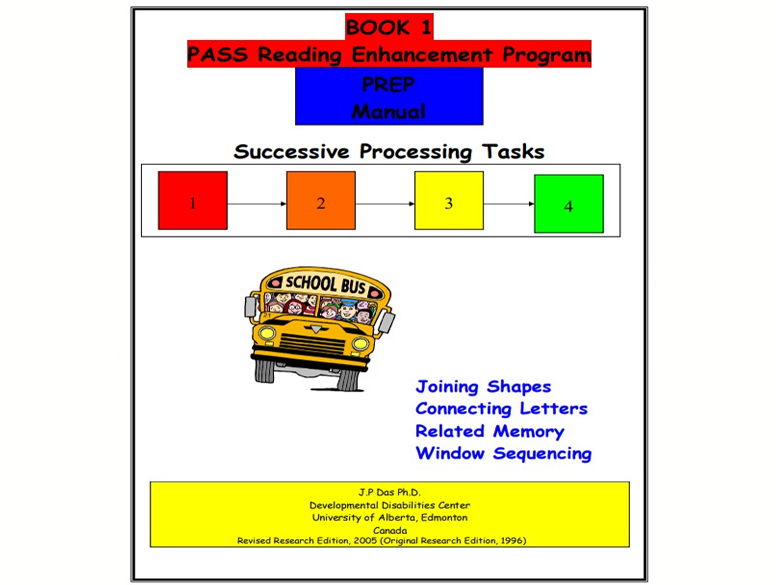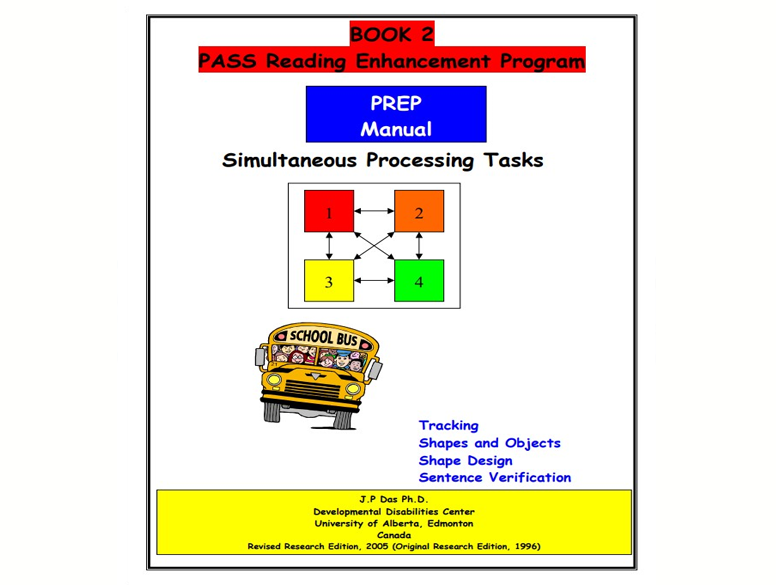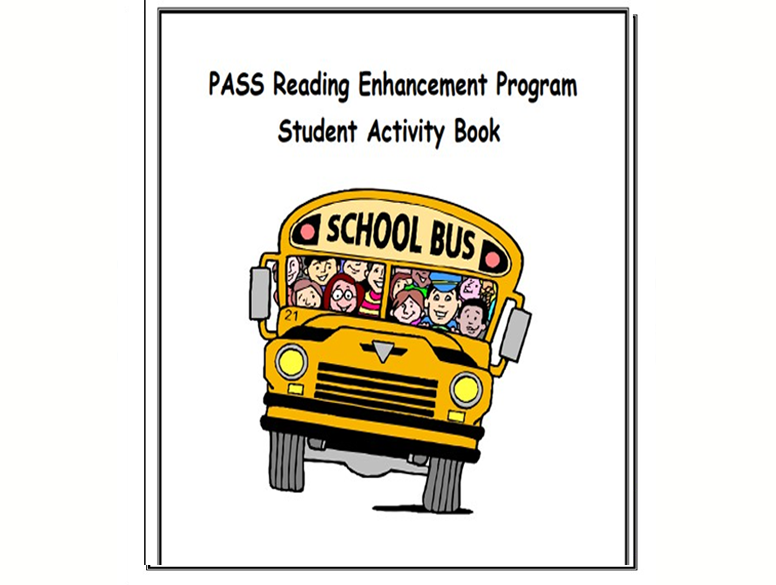PREP is a remedial program for primary school-aged children who are experiencing difficulty with reading, spelling and comprehension. It is based on widely accepted theories of child development and cognitive development.
PREP is a remedial reading program. It is therefore imperative that children begin the program at their own reading level irrespective of their current age or grade. PREP is a reading enhancement program that aims at improving the information processing strategies that underlie reading, while at the same time avoiding the direct teaching of word reading skills.
PREP stands for PASS Reading Enhancement Program. It is based on the PASS theory of Intelligence (Planning, Attention, Simultaneous and Successive Processing), and should be understood within the framework provided by PASS theory. What does PREP do? The PREP program improves the information-processing strategies that underlie reading, while avoiding the direct teaching of word-reading skills. This method is founded on the premise that it is easier for children to learn these strategies by inductive rather than deductive means (Carlson & Das, 1996). Accordingly, the program is structured so that tacitly acquired strategies are likely to be used by the children in appropriate ways.
Attention and planning are important aspects of tasks given in the program. Specifically, attention is required to perform each task, and planning skills are developed by encouraging the children to discuss their strategies and solutions both during and following each task.
PREP has two different parts having several modules. The first part contains different tasks facilitating Successive Processing Skill and the second part contains tasks facilitating Simultaneous Processing Skill. Every module has dimensions; global and bridging. Global part enables concepts and principles and bridging part emphasizes generalisation and application. Thus children learn concepts and principles and then learn how to apply those principles in other contexts.


